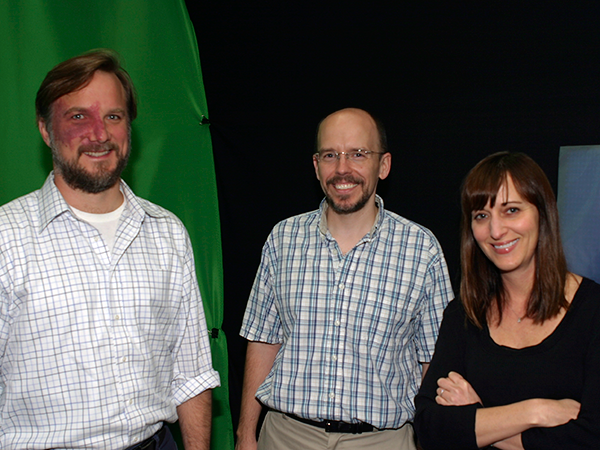
It’s hard to believe, given the intensity of Coursera and 2U-related activity over the past six months, that the term “MOOC” — massive open online course — has only been in the popular vernacular for less than a year. Questions abound about the process, the viability and the future of these free courses taught simultaneously to tens of thousands of students across the world, and the answers are gradually becoming clearer as we approach the launch of the third of our initial batch of classes.
As of this week, we have completed a single class, Steve Everett’s “Introduction to Digital Sound Design,” and are two-thirds of the way through Kimbi Hagen’s survey class on “AIDS.” Our third class, “Immigration and U.S. Citizenship,” taught by Polly Price, launches in about four weeks. The numbers, so far, are striking. The three combined classes have so far seen more than 79,000 registrations, with 1.4 million videos viewed over the past ten weeks. The course discussion forums have seen tens of thousands of posts and comments, and we’ve had more than 4,000 essays and 14,000 peer evaluations submitted in the AIDS class alone.
The Coursera team — me, Shannon O’Daniel and Steve Bransford (both of Academic Technology Services) with lots of support from ECIT and the Library — have learned a great deal about the technical process required to produce high-quality videos rapidly and run courses smoothly. Likewise, we’ve worked hard with our faculty to lay a path for future courses, and to enable them to present their material in the most cogent, effective way possible. Every week teaches us something new, and we’re looking forward to supporting the next wave of classes once we finish with the Immigration class in late May.
On the horizon are some great opportunities for “Signature Track” courses, wherein students pay a small amount for an identity-verified certificate (which is intended to reduce the anonymity of the experience), as well as support for internal-facing, Emory-only courses using the Coursera platform. There’s lots of enthusiasm among the faculty and, literally, millions of eager students anxious to learn from them.
If you’re interested, browse the Coursera catalog and sign up for something. It’s free and there’s no penalty if you don’t like the course or find yourself needing to un-enroll. What we’ve found is that different students are using the material in different ways: some students want to complete the course and get a “with distinction” statement, others simply like the community and like to browse the resources as befits their interests. Either way, there’s a tremendous amount of high-quality material, and it’s free for everyone.

Leave a Reply